To love at all is to be vulnerable. Love anything, and your heart will certainly be wrung and possibly broken. If you want to make sure of keeping it intact, you must give your heart to no one, not even to an animal. Wrap it carefully round with hobbies and little luxuries; avoid all entanglements; lock it up safe in the casket or coffin of your selfishness. But in that casket- safe, dark, motionless, airless–it will change. It will not be broken; it will become unbreakable, impenetrable, irredeemable.
– C.S. Lewis, The Four Loves
Millions of poems and songs and stories and books have been written on love. If we’ve existed for any length of time at all, we’ve already gained some experience, some insight into what love is or isn’t. Although I could fill an entire blog with new things to say on the subject, today, I only wanted to talk about one aspect: the vulnerability love requires, specifically as a parent. Before I became a parent, abstractly, I knew we would encounter difficulties. I knew motherhood would challenge me, even change me. Some of this knowledge I had gathered listening to and watching other parents (including my own), while some know-how seemed like common sense. Childbirth, for example, I knew would cause me pain. I am familiar with my anatomy enough to know that violent things would have to occur in and to my body for a human to grow inside of me and to ultimately exist apart from me. I knew babies didn’t sleep well or arrive with complete sentences articulating their needs or wants. I knew my children would be different from me, which meant sometimes we would disagree. And I theoretically knew life as Mark and I had known in it in our two brief years together would not be the same. Still, we–the same as millions of other people–chose to have and love children. Almost instinctively, we knew (however theoretically) that what we would give and receive in loving was far greater than what it would cost us. Ten years later, I still agree.
But love does require of us. And it does requires vulnerability. It requires us to give from our depths, to allow someone else into our dreams/plans, to say giving is better than receiving. Love requires vulnerability when we don’t have the answer, when we can’t resolve a situation, to say, “I don’t know.” Each time we say the words, “I love you,” some measure of our heart is exposed, available for rejection, for ridicule. Vulnerable connotes weakness in our culture, that somehow our exposure and availability to scrutiny, to hurt, to loss makes us less. Yet, as Lewis points out, the alternative to this sort of love is self-preservation, the love of self. This isn’t meaning taking care of yourself or having self-respect or even loving who you are is not important. They are extremely important, but it can’t be the end. Love is many things but insular is not one of them. Love requires an exchange, a transfer, the ability to say in all things, in all attitudes, “I am for you” even if I don’t always have the right words or the immediate solution to your needs.
I’ve had to practice these things (with various success) over the last ten years as a parent, but it’s still difficult. It can hurt me when my child is throwing a tantrum or spews hurtful words or refuses my help. It can be difficult when in their immaturity, they choose to intentionally disobey me. It can be hurtful (and exhausting) when I have spent most of the day addressing heart attitudes. On these days, I might find myself raising my voice or folding my arms across my chest or worse being careless with my words–this is what self-preservation looks like on me. It feels easier in the moment to dwell on the hard, on my own hurt, on what I need. Sometime I have the wisdom in the moment to take a break, to step outside (or inside), to hear the Lord say to me, “I am for you. I see you. I know you. And I am for you.” On those days, when I take that time, suddenly my arms relax and my heart is able to see again, to open. I confess this to my kids and say, “I’m sorry. I didn’t handle you well when I _____.” I wish these occurrences didn’t exist that I could say I always respond to my children from a whole heart and with perspective. But I too am human and it’s good for my kids to understand and know this, to see I am not always right, I don’t always have the right answers or responses, and that as an adult, I’m still learning how to love and be loved. This too is vulnerability, the place where all of our hearts grow.
Blessings to you all this Monday. May you have the courage and grace to walk humbly and love with vulnerability today.
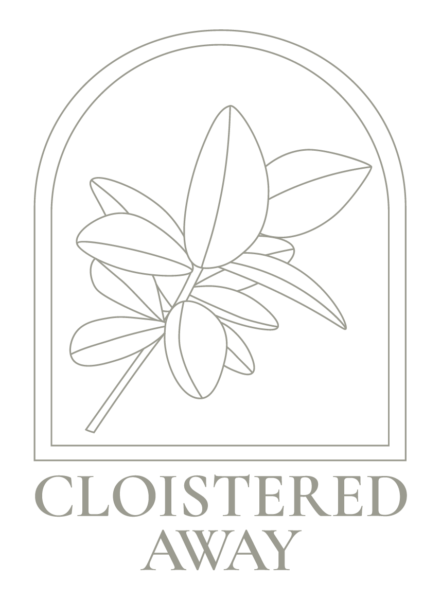
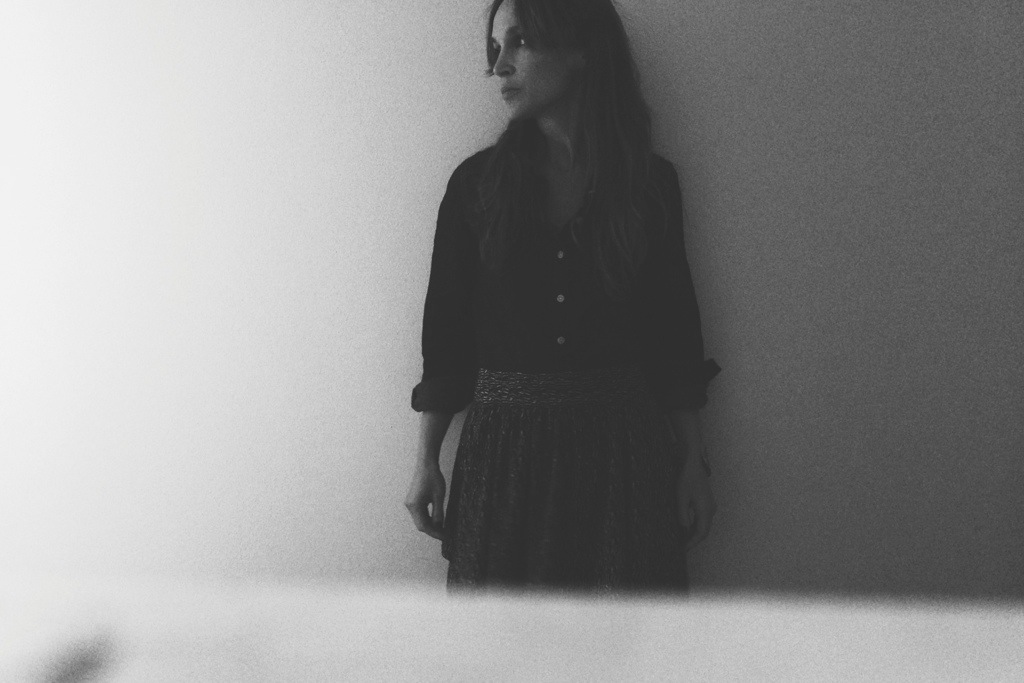

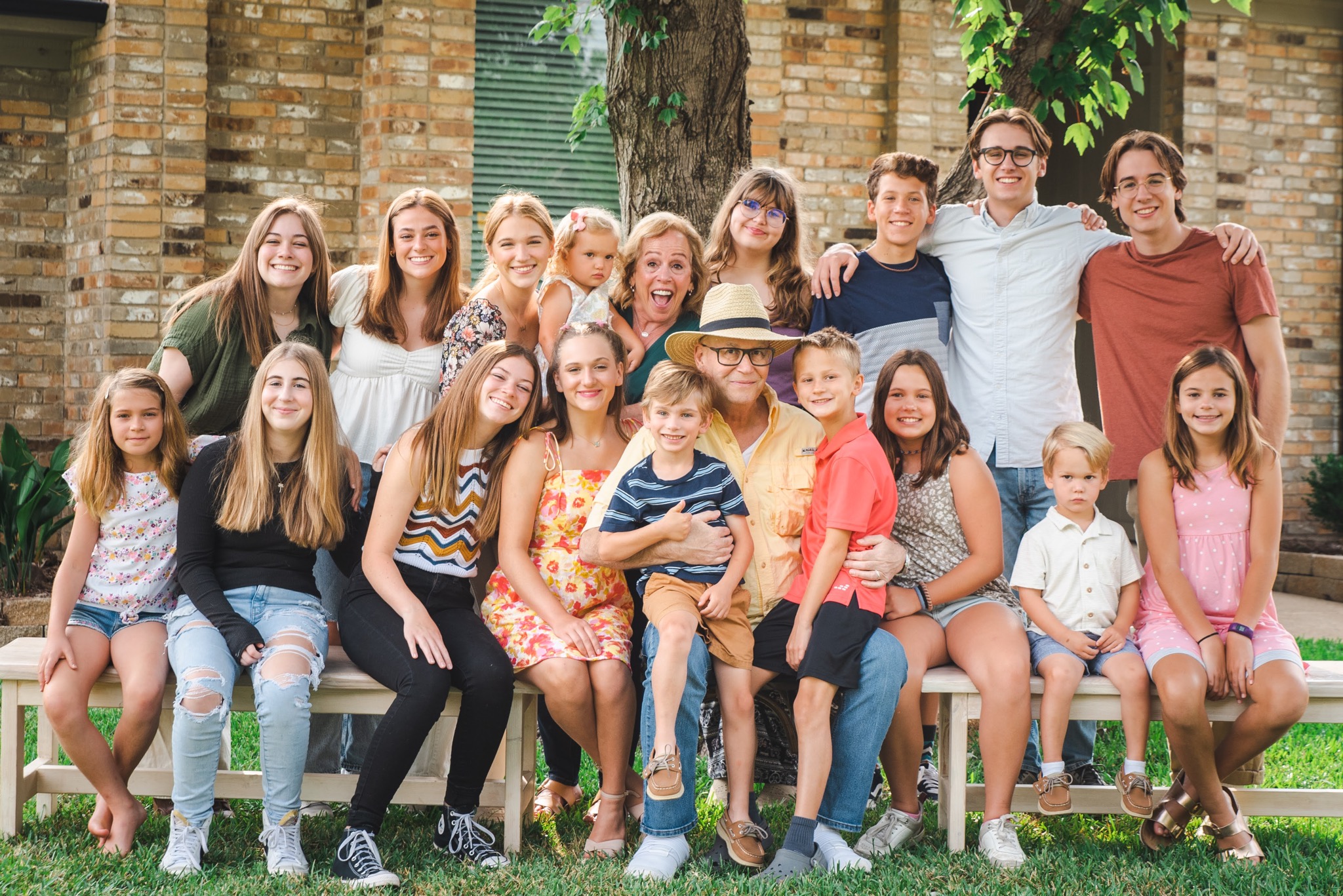
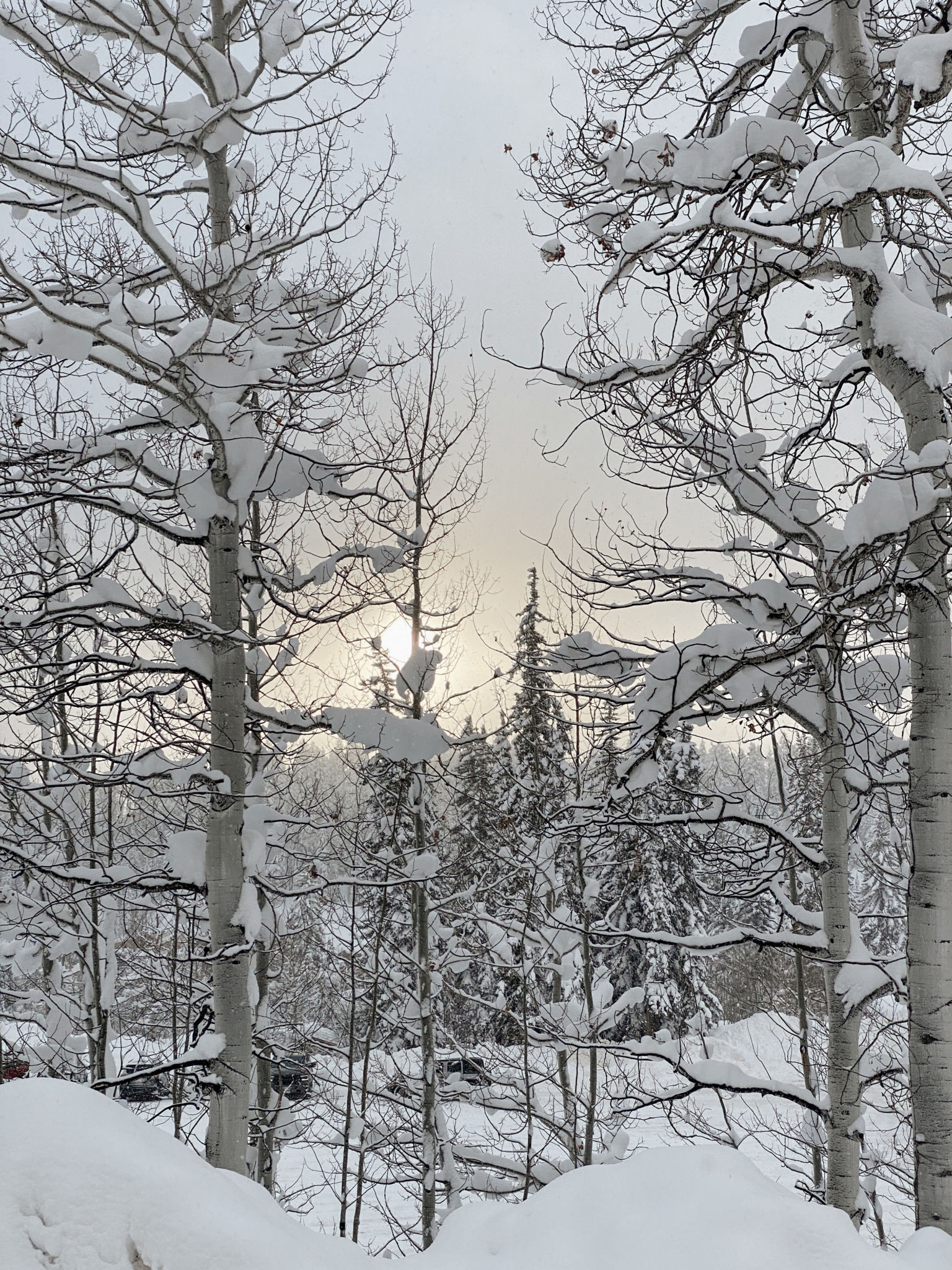
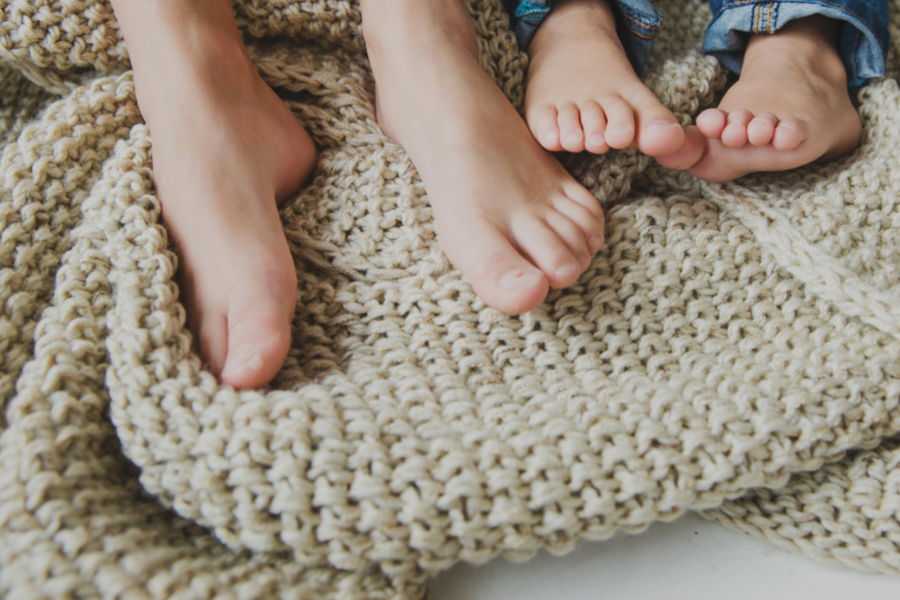
Comments
This is an incredibly beautiful post. Your words are so sincere and yet so eloquent and poised. Thank you for sharing this. It’s really added something lovely to my day.
Alicia, thank you for your kind, encouraging words. Blessings to you! xo
Love this.. I have 2 little kids, that test my patience constantly, I can’t even imagine how it will be like when they get older. I’m always testing how I should handle them in situations of discomfort, when they are having temper tantrums or things like that.
I really like that you can be a parent that recognizes when you’ve could have done something different. That’s what I wish for me as a parent, to realize I’d make a mistake and say so..
Wonderful words, thanks so much for sharing..
Thank you so much for your honesty and for sharing, Maria. I don’t always realize when I’m foolish or too hard on the kids, but I am grateful when I do. I want them to see my own humanity, that I too, even as an adult am still learning how to put others first, how to love well. This is a life journey that never ends.